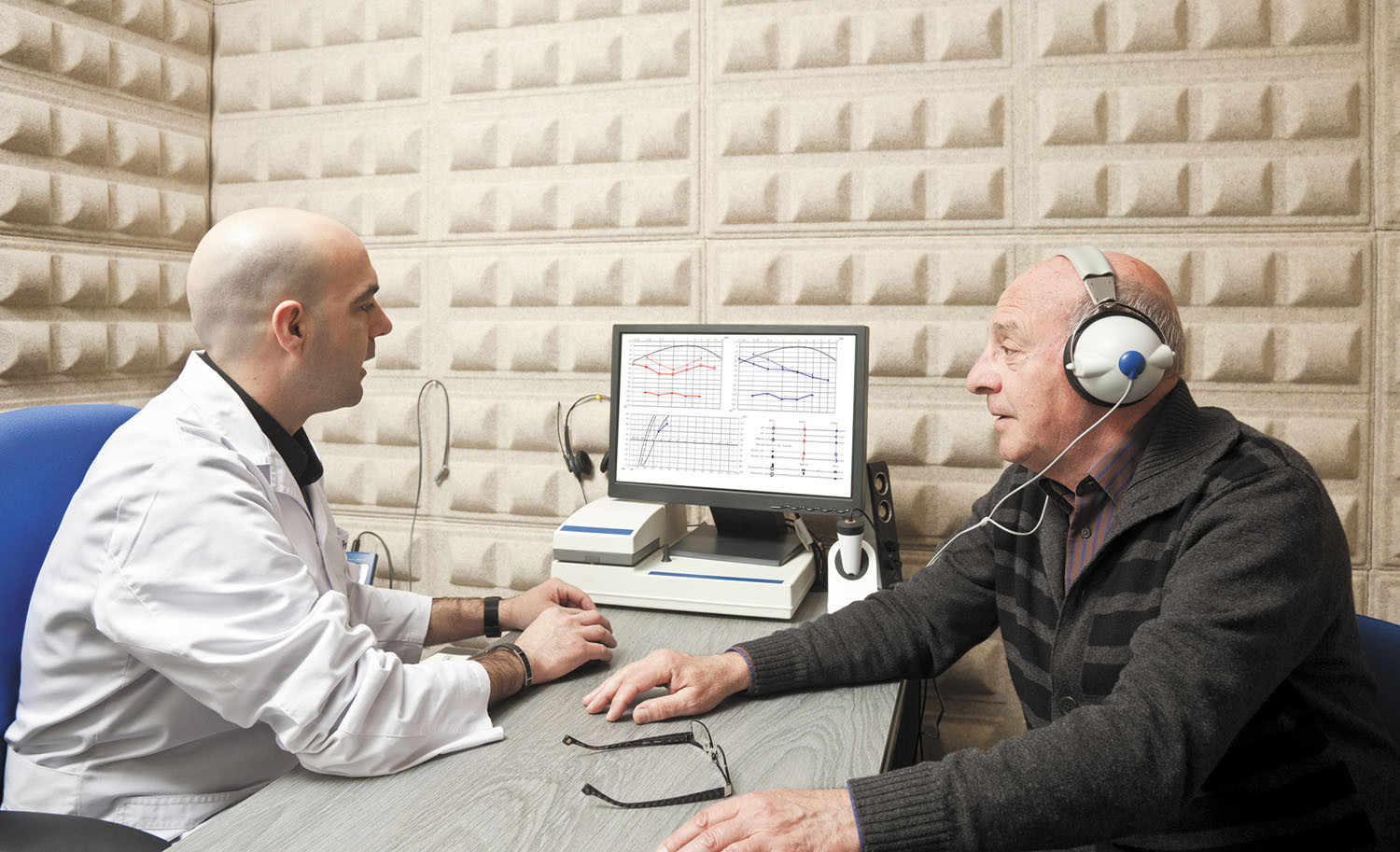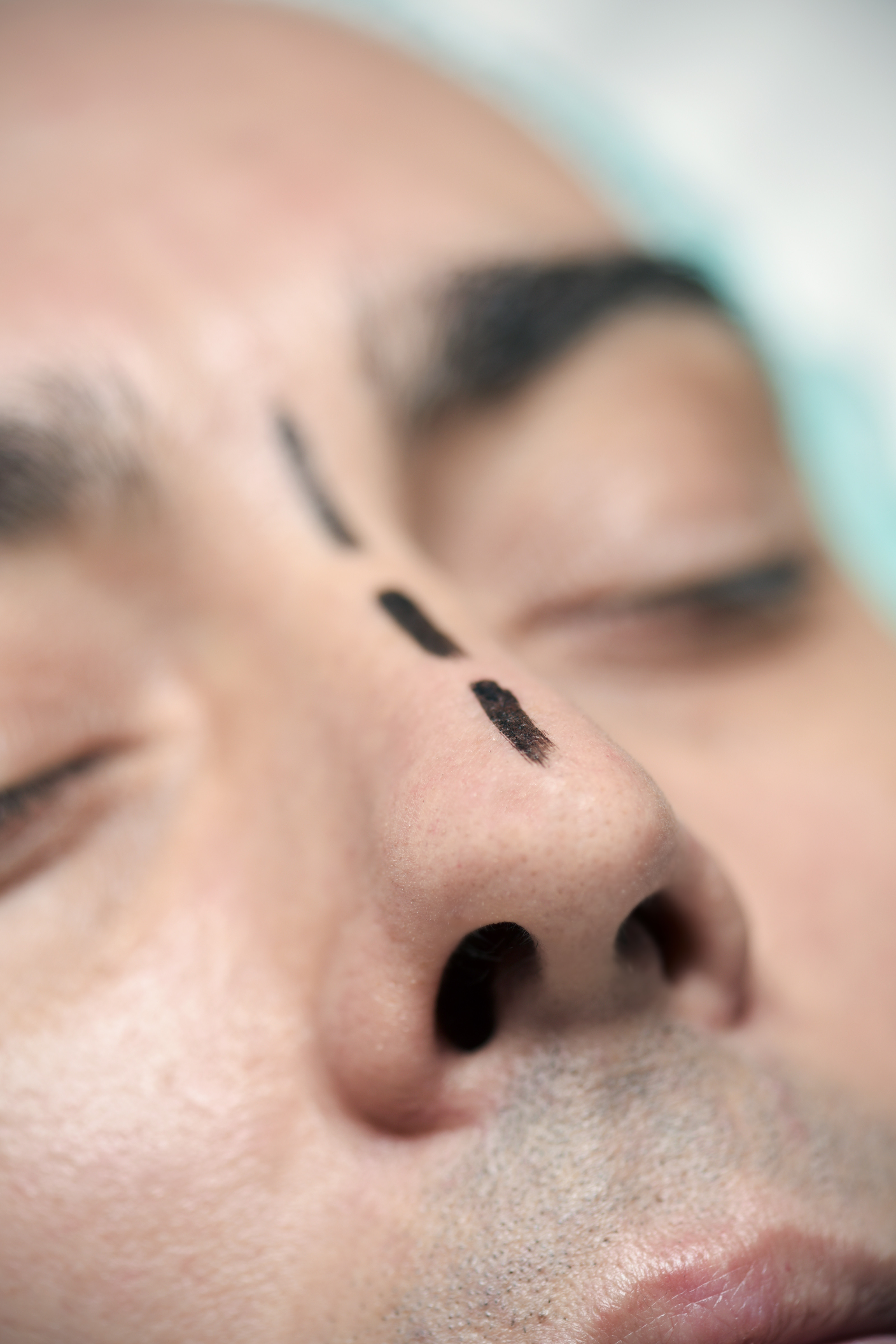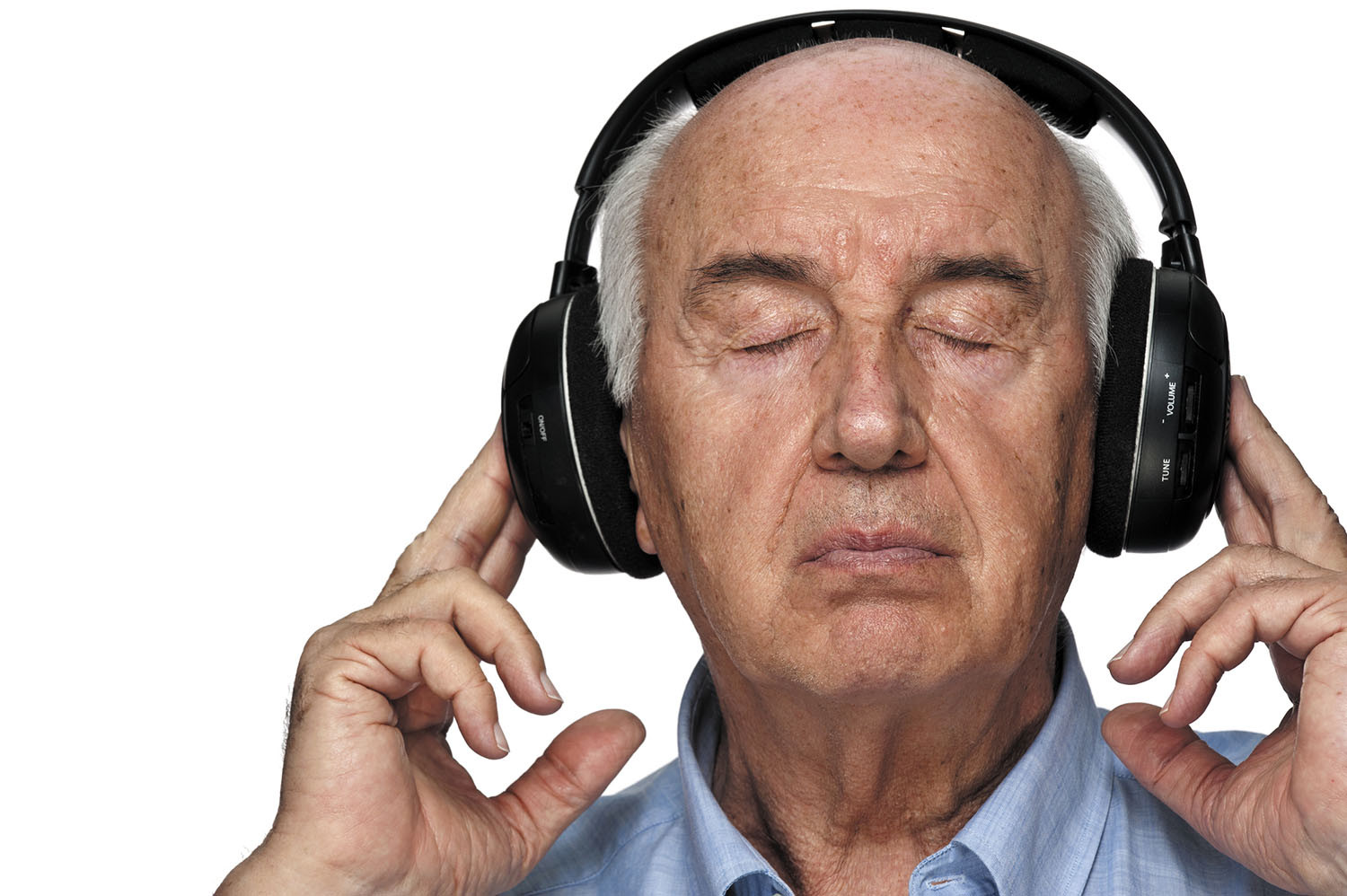
New thinking about plaque in arteries that feed the brain

Want to prevent shifting teeth? Maybe you need retainers

What you need to know about the new dietary guidelines

Food that’s healthier for people and planet can be cheaper, too

New evidence that polyphenol-rich foods help the heart

8 simple ways to reduce ultra-processed foods in your diet

How to curb your stress eating

How to spot Parkinson’s disease symptoms

Heart failure symptoms in women: How they’re different

GERD diet: Foods to avoid to reduce acid reflux
Hearing Loss Archive
Articles
Inflamed sinuses: It's best to watch and wait
Antibiotics often don't help inflamed sinuses. Take steps to ease symptoms and let the problem heal itself.
The hollow spaces in your facial bones—the sinuses—are prone to infection by microorganisms of various stripes. Usually, the invader is a virus. In response, the sensitive linings of the sinuses swell up and start to pour out mucus, triggering nasal stuffiness, a runny nose, and facial pain.
Once upon a time, many sinus sufferers headed straight to their doctors to get an antibiotic. But we now know that strategy is usually a waste of time. Most cases of sinusitis are associated with viral infections, which are bulletproof to antibiotics. According to a research review by the Cochrane Collaboration, 80% of people with sinusitis improve within two weeks without taking antibiotics.
Poor sense of smell may predict risk of death in older adults
In the journals
Previous studies have shown a link between loss of smell among older adults and risk of death within a short period — often five years or less. Now, a report published online May 21, 2019, by Annals of Internal Medicine confirmed this increased risk of death over more than a decade, as well as identifying the leading causes of death.
Researchers gave smell identification tests to 2,289 adults ages 71 to 82 (about half of whom were men). They found that those who scored low on the smell test had a 46% higher risk of dying within 10 years, and 30% within 13 years, compared with those who had a stronger sense of smell.
Closing in on tinnitus treatments
New research aims to capture and eventually cure incessant ringing in the ears.
More than 50 million Americans struggle with tinnitus, a constant or recurring ringing in the ears that ranges from irritating to debilitating. Some treatments work for some people, but none seems to work for everyone.
Tinnitus is a tough condition for doctors to study. "There's no way to measure it directly. The only way we know you have tinnitus is if you tell us. Even if there were a cure, we wouldn't know how it worked because we have to rely on verbal descriptions of what your tinnitus sounds like and how loud it is," says Daniel Polley, director of the Lauer Tinnitus Research Center at Harvard-affiliated Massachusetts Eye and Ear.
A noisy problem
People often become more sensitive to noise as they age, which can affect their mental and physical health.
Image: © Juanmonino/Getty Images
Are you more sensitive to noises than you used to be? Do certain sounds now feel too loud and jarring? Don't worry; it's actually quite normal.
Age-related hearing loss is common among older adults and affects about two-thirds of men in their 70s and 85% of men ages 80 and older. Although it's not clear why, this can also make people hypersensitive to sounds that they used to tolerate easily, which in turn can affect their well-being.
Is my nosebleed the result of winter air?
Ask the doctors
Q. I had a nosebleed the other night. I've heard that this can be more common in the winter. Is this true?
A. Yes, you could be more likely to get a nosebleed in the winter because the heated indoor air may dry out your nasal passages and make the tiny blood vessels inside them more fragile. Nosebleeds occur when these tiny vessels rupture. Sometimes the bleeding happens at the back of the nose, called a posterior bleed. Or it may develop at the front of the nose — an anterior bleed.
Noisy workplaces may boost cardiovascular risk factors
Research we're watching
Is your workplace noisy? You may want to keep close tabs on your blood pressure and cholesterol. A CDC study published in the American Journal of Industrial Medicine found that high cholesterol and high blood pressure were more common among workers who toiled in noisy environments.
The study found that 25% of U.S. workers surveyed reported experiencing noise exposure at work. The noisiest industries included mining, construction, and manufacturing.
The ears have it
Remember to take care of your hearing, like any other aspect of your health.
When you plan your next series of maintenance health tests, don't forget your ears. An ear and hearing exam is not something that needs to be done every year, but you should be aware of changes that could signal serious problems.
"At the very least, a baseline evaluation can help, so you can monitor changes if your hearing declines," says Dr. Stephen W. Hill, an audiologist at Harvard-affiliated Massachusetts Eye & Ear.
Straight talk about your voice
Men can experience voice changes as they age, but there are ways to protect and improve your speaking tone.
It's common as you age for your voice to change, a condition called presbylaryngis, or aging of the larynx. The result is often that annoying raspy, hoarse tone commonly known as "old age" voice.
"Over many years, we talk, yell, and sing a lot. Eventually, this causes the vocal folds to become weak or damaged, and your voice loses its range and quality," says Barbara Wilson Arboleda, a speech and language pathologist with a specialty in voice at Harvard-affiliated Massachusetts Eye and Ear. "This can make daily communication an issue, as it requires greater effort to speak and be understood, which may cause many older men to become more withdrawn and isolated."

New thinking about plaque in arteries that feed the brain

Want to prevent shifting teeth? Maybe you need retainers

What you need to know about the new dietary guidelines

Food that’s healthier for people and planet can be cheaper, too

New evidence that polyphenol-rich foods help the heart

8 simple ways to reduce ultra-processed foods in your diet

How to curb your stress eating

How to spot Parkinson’s disease symptoms

Heart failure symptoms in women: How they’re different

GERD diet: Foods to avoid to reduce acid reflux
Free Healthbeat Signup
Get the latest in health news delivered to your inbox!
Sign Up











